Dossier
Tropical Forests – Use as Protection
Richard Fischer, Sven Günter | 29.06.2022
Each year 13 million hectares of forest are lost, mainly in the tropics. Demands on the remaining forests are increasing, as they constitute a basis for rural livelihoods, as they are an economic resource for industry and biodiversity hot spots. Slash and burn management and subsequent land use forms are often economically more attractive than preservation, at least in the short run. However, an abstention from forest resources and products does not necessarily contribute to the conservation of tropical forests. Sustainable forest management and controlled use can be a basis for safeguarding tropical forests. Only valued resources will be sustained in the long run.
In collaboration with local partners we are analyzing land use forms and their ecological context in the most important tropical regions. This allows land use pressure to be demonstrated for specific areas. In countries with high proportions of primary forests like in Suriname, wood and timber industries are an important economic factor. Improved management methods can help to increase the added value and to reduce exploitation of primary forests. Sustainable management methods need to be applied to logged areas in order to reduce pressure on remaining forests.
Studies in Madagascar and Nepal show the strong dependence of the rural population on forests. In Madagascar, 82% of the surveyed farmers indicate that they are directly dependent on the surrounding forest. Especially the poorest households obtain a substantial share of their livelihoods from slash and burn. Surveys in Nepal have shown that compensation payments in the orders of magnitude that are currently being discussed and implemented globally, are not sufficient to avoid the direct dependence of the population on the forests. Monetary compensation alone is not appropriate as long as no livelihood alternatives are provided outside the forests. In Ecuador, we are developing silvicultural methods for the reforestation of degraded pastures.
Economic aspects
In our work we have the closely integrated aspects of natural forests, cultural landscapes and industrial land uses. In many cases, forest areas are converted to create, for example, surfaces for industrial meat production or oil palm plantations. Economic calculations of these so-called opportunity costs, on the one hand, can show where sustainable forest management is an economically viable alternative to such land uses. On the other hand, it is possible to calculate the volume of compensation payments also needed to make forest conservation financially attractive.
Besides optimizing different management systems, we simulate the effect of financial incentives, regulations and political instruments on forest conservation in tropical landscapes. Different legal frameworks, needs of local communities and our research results are the basis for national and international policy advice for the preservation and sustainable use of the world's most complex ecosystems.

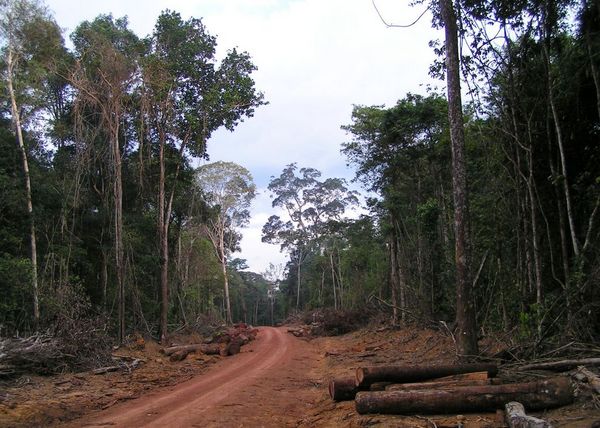
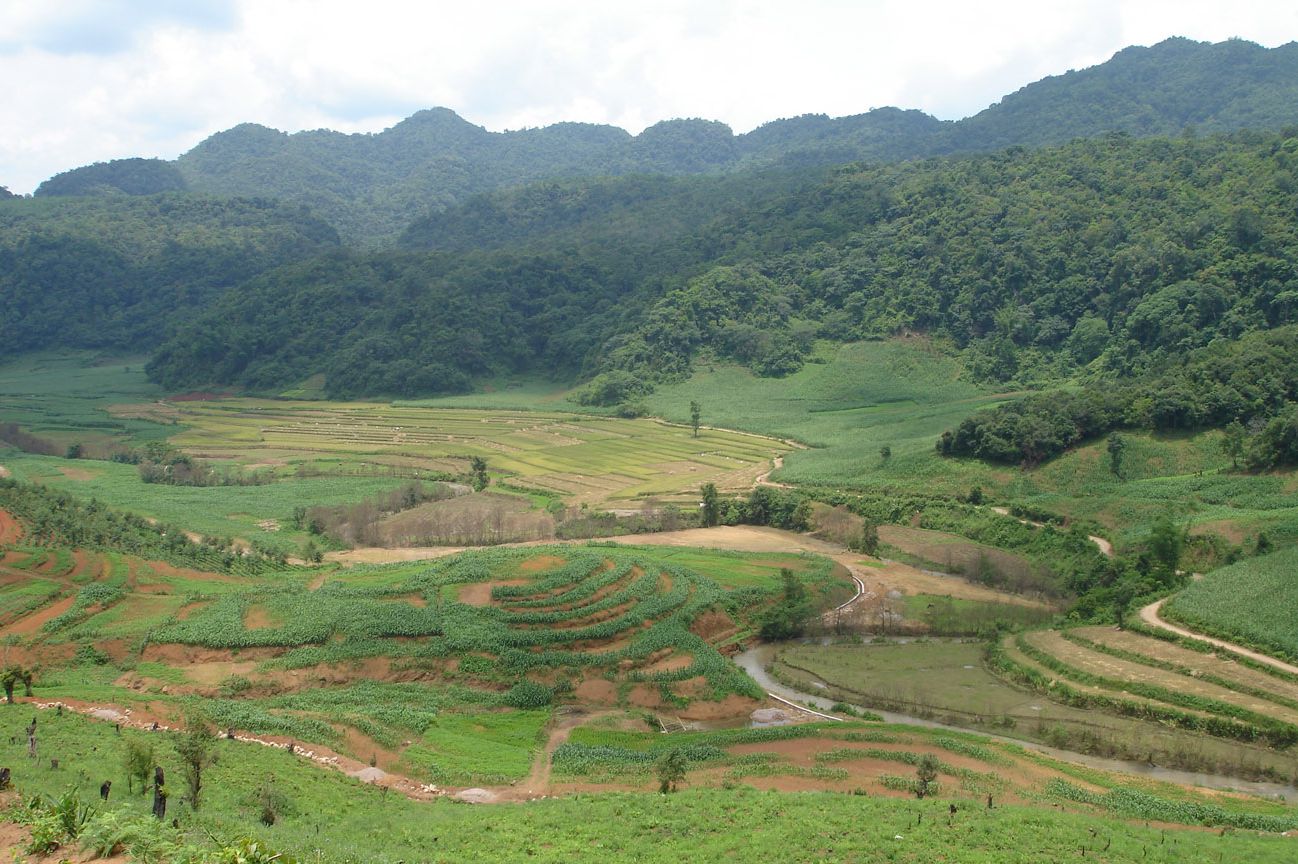
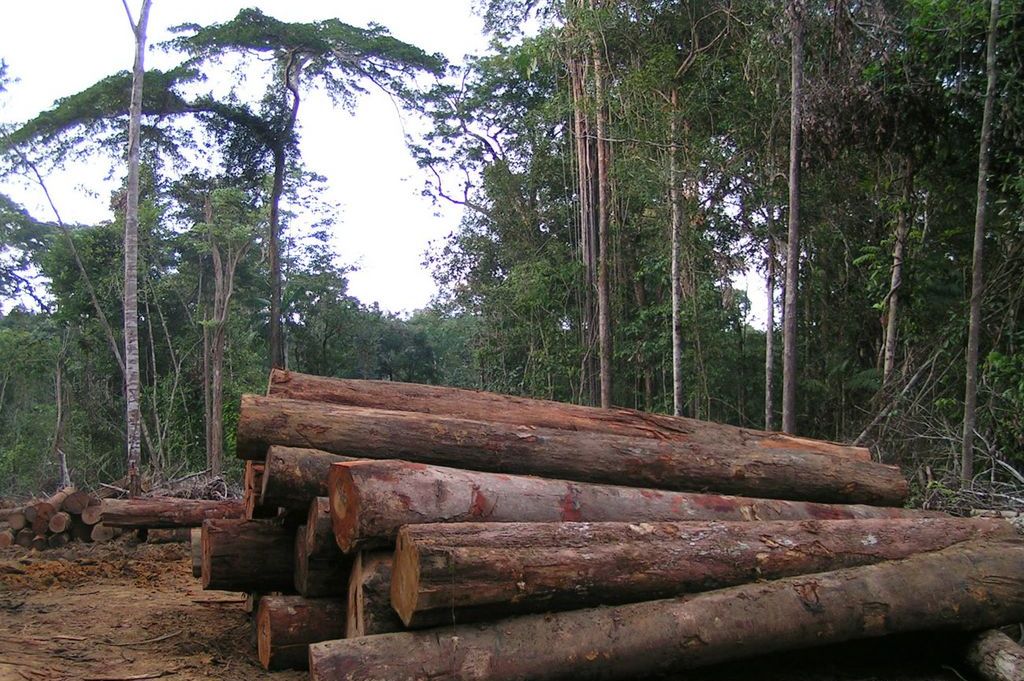
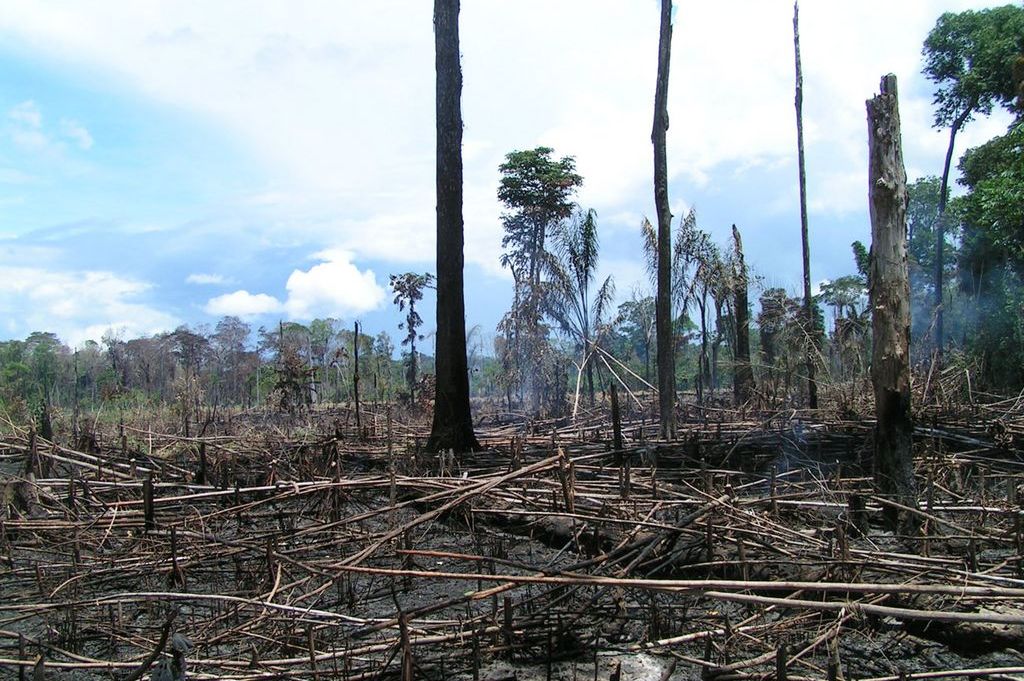
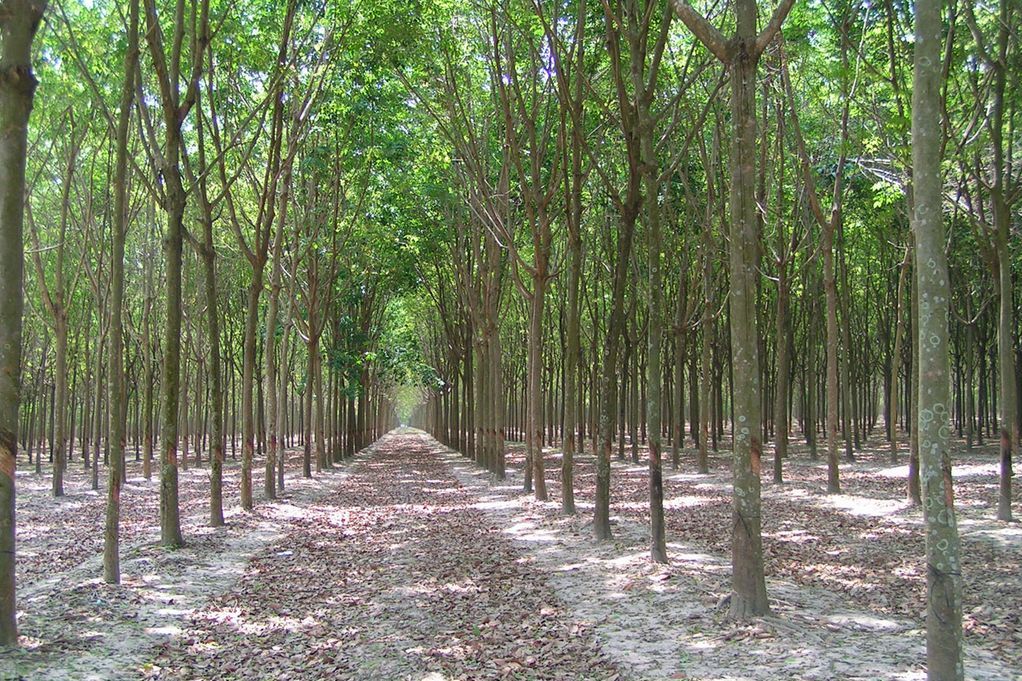
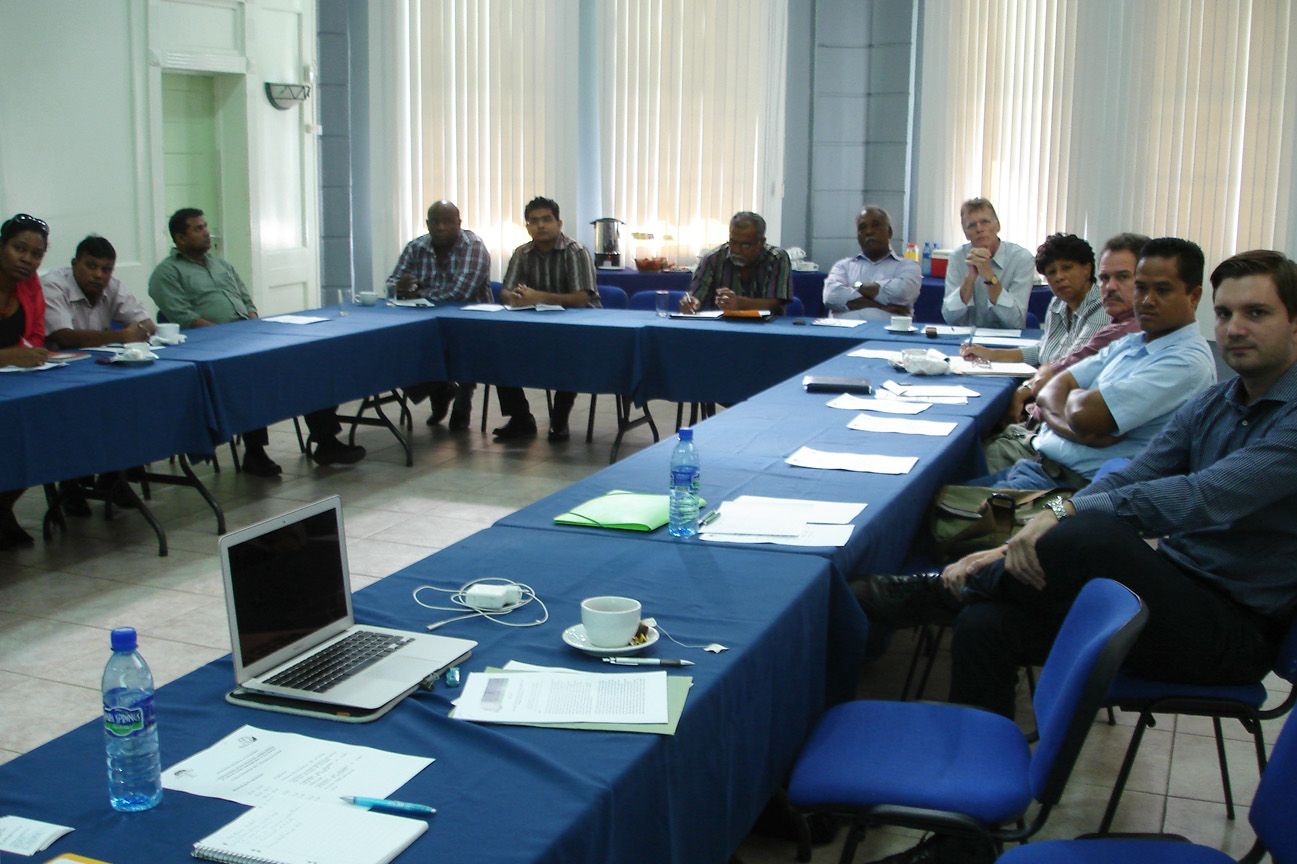

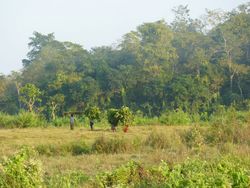
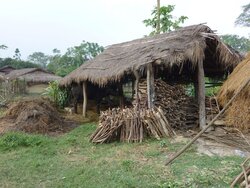
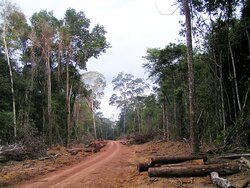
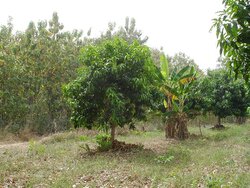
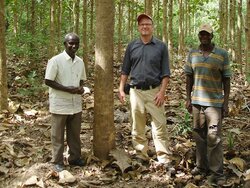
![[Translate to English:] Logo des Bundesministerium für Ernährung und Landwirtschaft](/media/allgemein/logos/BMEL_Logo.svg)